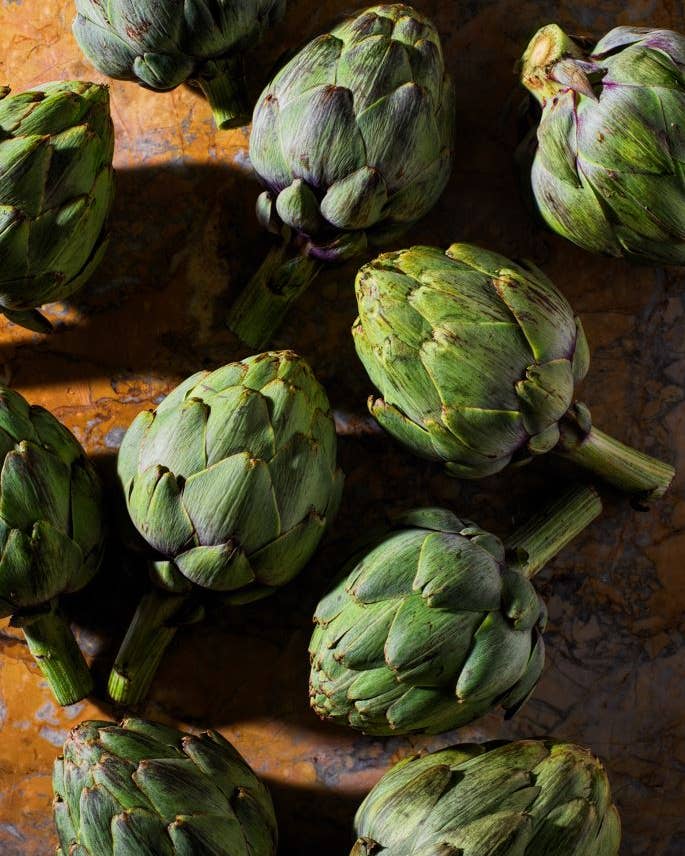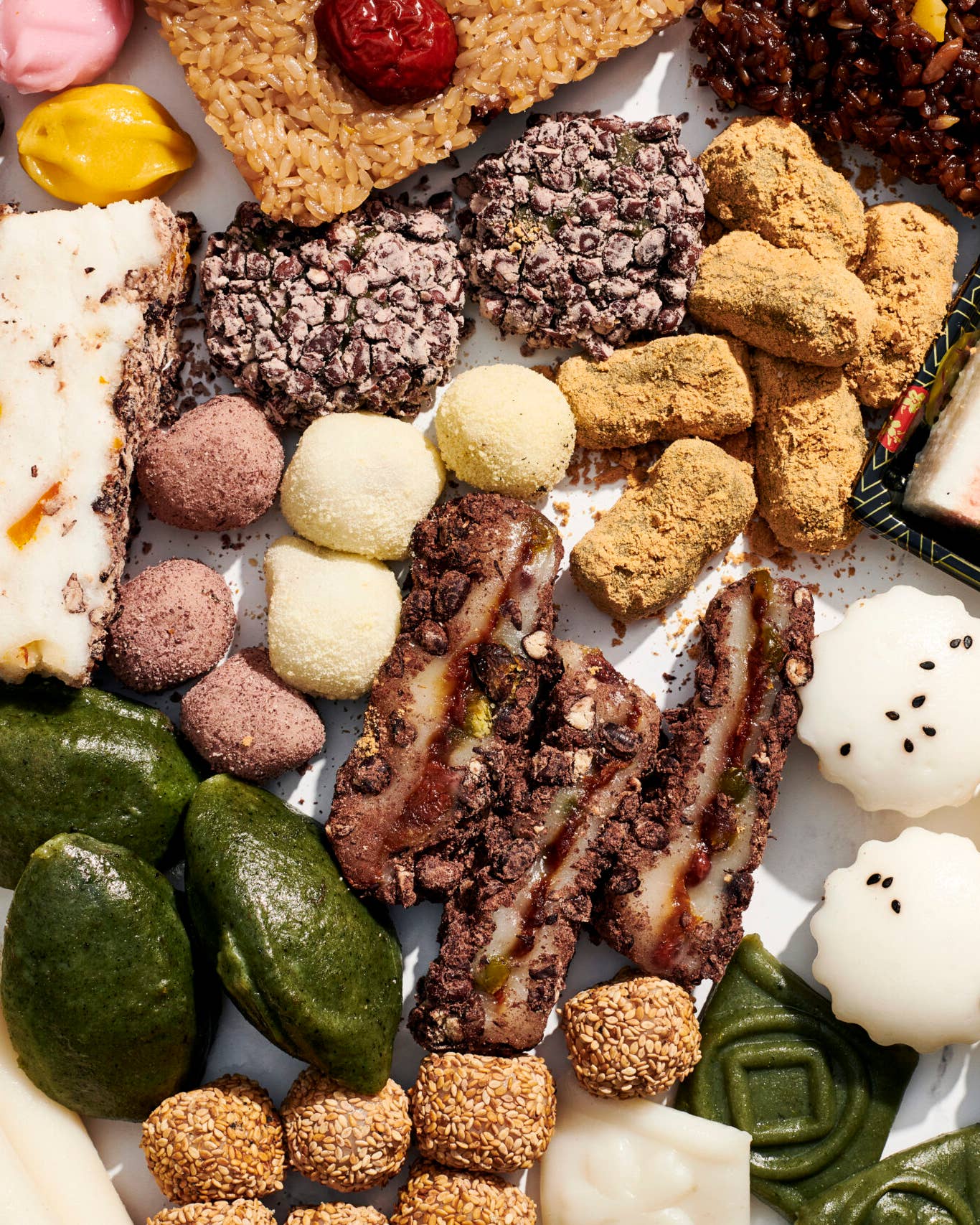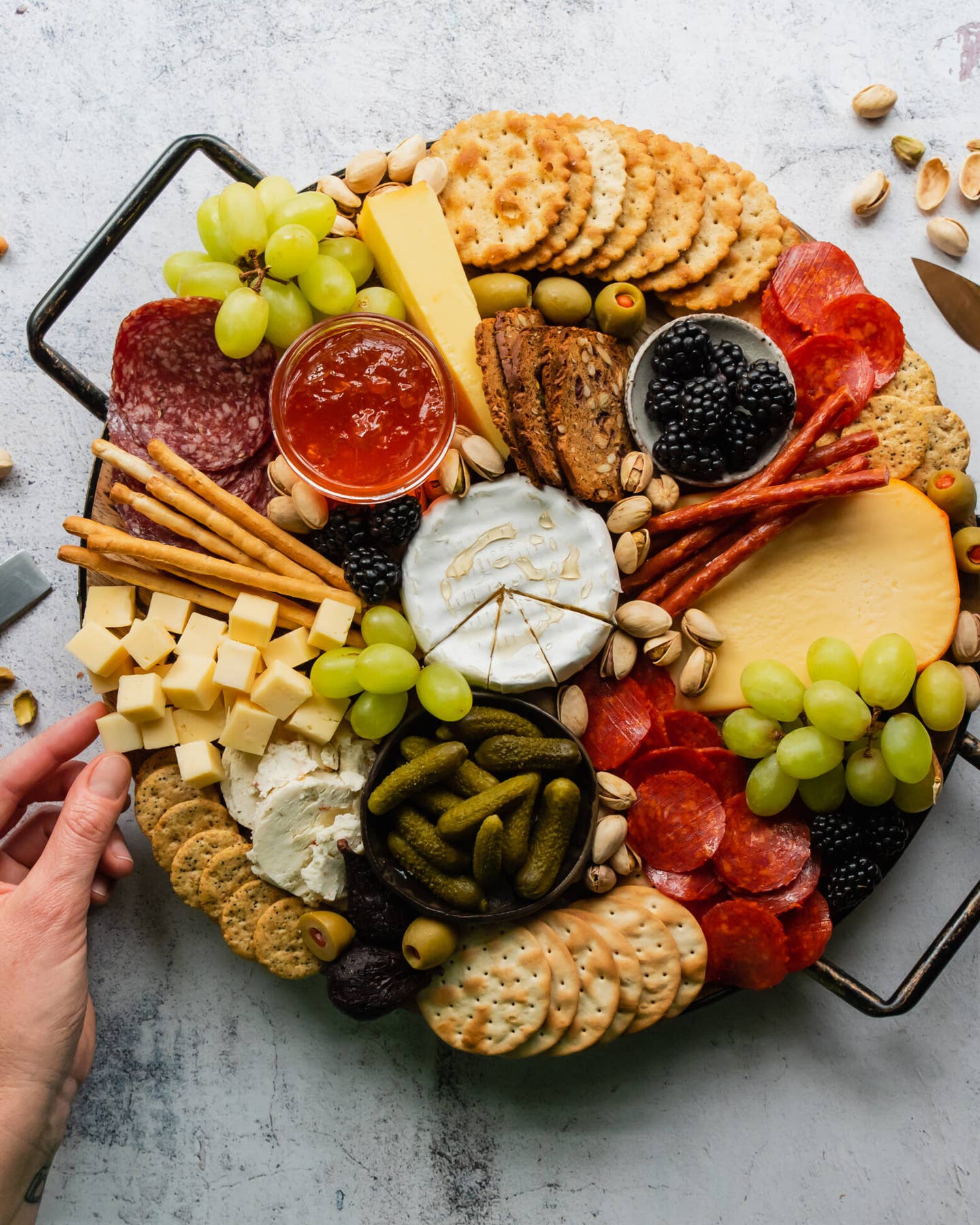
Buying and Storing Extra-Virgin Olive Oil
Whether you’re using high-end or all-purpose olive oil, here are a few rules of thumb for buying and storing.
Extra-virgin olive oil is the preferred choice of most Mediterranean cooks. As a rule, high-quality, high-priced, estate-bottled extra-virgin olive oil shouldn't be used for cooking, since its nuanced flavor can be destroyed by heat; use these high-end oils for garnishing foods, dressing salads, and the like. There are plenty of lower-priced, good-quality extra-virgin olive oils that are fine for sauteing, frying, roasting, and other cooked preparations. Whatever kind you're using, keep in mind a few rules of thumb for buying and storing the oil.
When shopping, look for a date stamp: the fresher the oil, the better. Many conscientious growers now put the harvest date on the label, or at least a "use by" date, which should be two years after harvesting.
The archenemies of olive oils are light and heat: don't buy olive oil that comes in a clear glass bottle or has been sitting in a sunny shop, and don't keep it next to the stove.
Refrigeration can help prolong the life of an oil; you can store a large quantity in the fridge (or just a cool, dark place) and keep a small amount at room temperature for everyday use. Lou DiPalo, the owner of DiPalo Fine Foods, an Italian specialty store in New York City, says that a bottle of extra-virgin olive oil should be consumed within three months of opening; beyond that, oxidation and rancidity can occur.
Also, buy from a reliable source, whether it's a local shop or a mail-order purveyor like DiPalo's, Zingerman's, Corti Brothers, or Formaggio Kitchen. The best importers and retailers track shipments to make sure the oil is handled with care.
Keep Reading
Continue to Next Story










